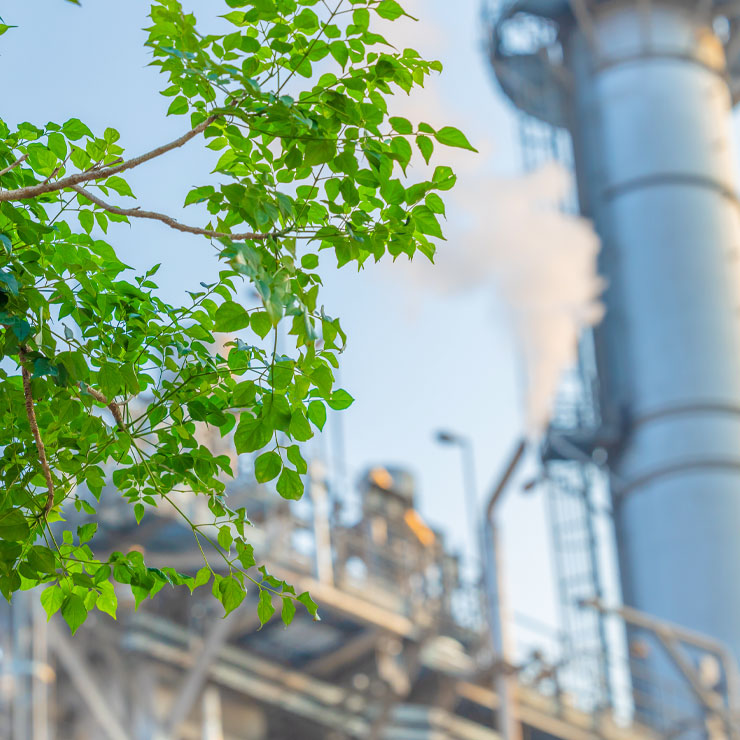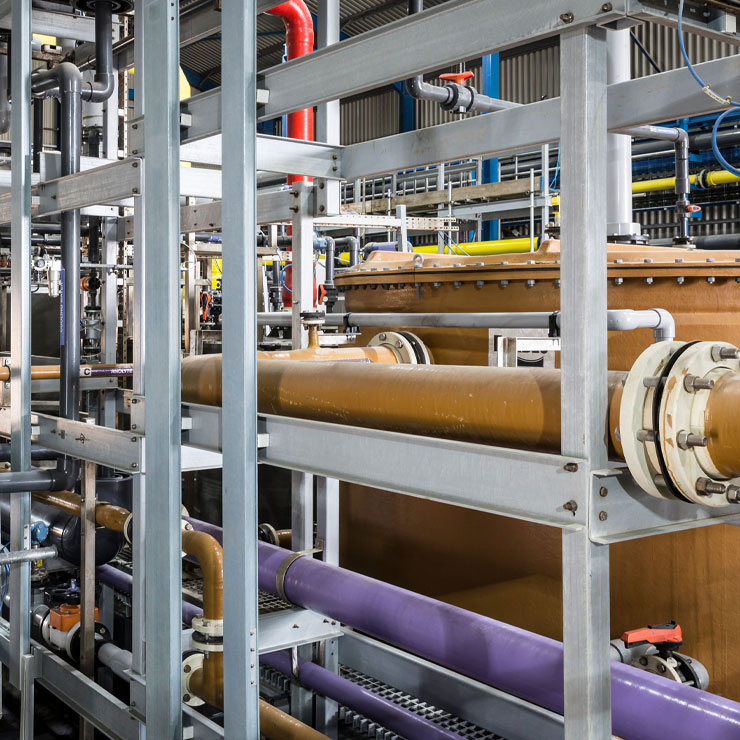Policies & Procedures
With over 50 years’ experience in chemical manufacture and distribution, we take pride in operating to the highest standards – this applies to all areas of our business as well as our dealings with customers, supplier and the communities in which we operate.
The British Safety Council is dedicated to making sure no-one is injured or made ill through their work. Please find our certificate of ICL’s commitment to the British Safety standards.
The Control of Major Accident Hazards (COMAH) Regulations ensuring that businesses take all necessary measures to prevent major accidents involving dangerous substances, and limit the consequences to people and the environment of any major accidents which do occur.
REACH is a regulation of the European Union, adopted to improve the protection of human health and the environment from the risks that can be posed by chemicals, while enhancing the competitiveness of the EU chemicals industry. It also promotes alternative methods for the hazard assessment of substances in order to reduce the number of tests on animals.
All aspects of REACH affect ICL – our various activities see us act as manufacturer, importer, downstream user and distributor. Our dedicated regulatory team ensure that we are compliant with REACH legislation whilst facilitating information flow between producers and end users.
The Biocidal Products Regulation (BPR, Regulation (EU) 528/2012) concerns the placing on the market and use of biocidal products, which are used to protect humans, animals, materials or articles against harmful organisms like pests or bacteria, by the action of the active substances contained in the biocidal product. This regulation aims to improve the functioning of the biocidal products market in the EU, while ensuring a high level of protection for humans and the environment.
ICL have registered our Sodium Hypochlorite and Thycal products under BPR. We can also offer a range of other biocides from approved suppliers.
The gender pay gap is the difference in the average hourly wage of all men and women across a workforce. If women do more of the less well-paid jobs within an organisation than men, the gender pay gap is usually bigger.
Halal is a Arabic word which means allowable, lawful with respect to which no restriction exists, and the doing and consuming of which the Law-giver, Allah has permitted.
Halal in terms of food means that food must be:
- Does not stem from or consists any part or item from animals that are forbidden (pig, carrion, having claws, talons or fangs, etc.) to Muslims by Islamic Law.
- Food when prepared, processed, manufactured, packaged, stored or transported does not come in get in touch with or stored near any food that is forbidden and contain impurities as defined by Islamic Law.
- Animals that are allowable and been slaughtered according to Islamic Law, not killed by strangulation or killed by wild animals.
- Food that is ready processed or manufactured using tools or utensils that are free from infections as defined by Islamic Law.
- Food, be it animal, vegetable, fruit or grain must be healthy and does not contain any substance that is considered impure (alcohol) in Islamic Law.
Sites accredited: West Thurrock (various products)
Kosher is a Hebrew word that means fit, proper or correct. Nowadays, it is mostly used to describe food and drink that complies with Jewish religious dietary law.
For a product to be kosher certified, and to qualify for a kosher certificate, each ingredient, food additive and processing aid used in its production must also be kosher.
Additionally, to be kosher certified, the production process must be suitable for kosher requirements and therefore it must be approved by a kosher auditor.
Products may be rendered non-kosher if their production lines and equipment are also used to manufacture non-kosher products.
Feed Materials Assurance Scheme (FEMAS) covers all feed ingredients intended for direct feeding to animals or for inclusion in compound feeds and blends. It is based on HACCP principles and now forms the bedrock of EU Food and Feed legislation.
Sites accredited: Selby (various products)
This is an internationally agreed standard that sets out the requirements for an environmental management system. It helps organizations improve their environmental performance through more efficient use of resources and reduction of waste, gaining a competitive advantage and the trust of stakeholders.
This standard is based on a number of quality management principles including a strong customer focus, the motivation and implication of top management, the process approach and continual improvement.

